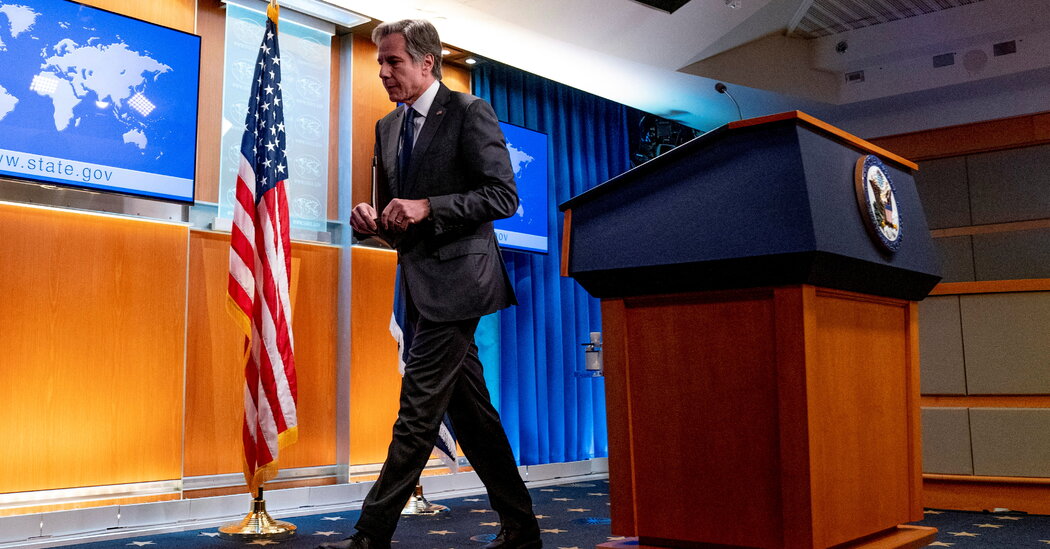
“This is a serious matter,” Mr. Lavrov said at a news conference alongside his German counterpart, Annalena Baerbock, in Moscow on Tuesday. “Drawing things out before reaching concrete agreements on this score is not working.”
Understand the Escalating Tensions Over Ukraine
In an effort to deter President Vladimir V. Putin of Russia, the United States and its allies have promised to impose punishing sanctions if his country attacks Ukraine. In Germany on Tuesday, the country’s new chancellor, Olaf Scholz, warned Russia of “high costs” in the event of military action.
In particular, Russia is eager for Germany to approve the Nord Stream 2 pipeline that would transport Russian gas to Western Europe, enhancing Moscow’s leverage over European energy. Asked about Nord Stream 2, Mr. Scholz said that “everything will have to be discussed if it comes to a military intervention in Ukraine.”
Mr. Blinken will meet in Berlin with German officials, as well as British and French diplomats as the United States and Europe work to coordinate severe economic sanctions to punish any Russian incursion into Eastern Ukraine, where Moscow has been supporting a separatist insurgency for years.
“There’s a diplomatic path forward,” Ms. Psaki said, adding, “It is up to the Russians to determine which path they’re going to take, and the consequences will be severe if they don’t take the diplomatic path.”
Meanwhile, the Biden administration sternly warned the president of Belarus, Aleksandr G. Lukashenko, against allowing Russia to invade Ukraine from his country under the guise of joint military exercises. Mr. Lukashenko, who has an uneasy alliance with Mr. Putin, announced on Monday that exercises would soon start.
That drew sharp suspicion from American officials, who noted that while Belarus has had a longstanding policy of neutrality with its neighbors, it may also be on the cusp of allowing Russian troops and nuclear weapons to be based in its territory, if a constitutional amendment set for a February vote is approved.





